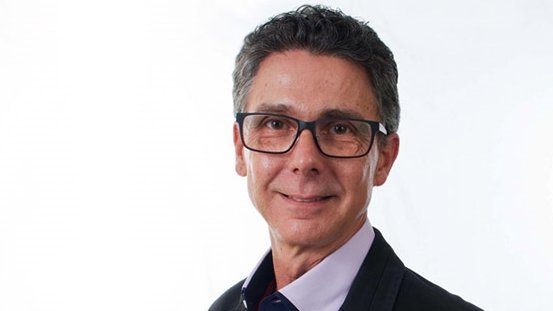
WA AIDS Council CEO David Kernohan shares his thoughts on the changing needs of HIV education and health promotion.
In my previous article, I wrote about progress and the drive for change.
But why? Why not be content with our achievements so far? Why not be satisfied with what we have done and content to use the same campaigns that worked in the past?
Over the years WAAC has done a great job providing services to people who are living with HIV. I’d like to put forward three strong reasons why, instead of being content, we should embrace change and strive for continual progress. This article examines the first reason: who HIV affects in 2019.
HIV in 2019
Historically, HIV was seen in the wider community as an illness that only affected ‘gay men.’ WAAC had its beginnings as an organisation in response to concerns raised by members of the LGBTIQ community.
Today, the incidence of HIV diagnosis across other (non-LGBTIQ) sections of the population have increased. According to one ABC news article, one of the factors contributing to the rising incidence of infection is the mobile nature of the WA population.
For example, in Western Australia the incidence of heterosexual men who travel into parts of South East Asian or sub-Saharan Africa being diagnosed with HIV has increased. Another group within the community who is at risk of contracting HIV or STIs are international students coming to Australia to study, not fully understanding the risks they may take or where to get tested.
For this reason, we need to develop ways to communicate effectively with a range of groups within the broader community; adapting to new audiences and changing our communication strategies to resonate with anyone who is at risk of contracting HIV, not just members of the LGBTIQ community.
The heterosexual man or woman, for example, who goes on holiday to places where there is a high incidence of HIV, and places themselves at risk of contracting HIV or STI’s but who considers themselves ‘low risk’ because they are straight. Or the International student who may struggle to engage in discussions about positive sexuality because their cultural and/or religious beliefs are not acknowledged in the traditional popular discourse surrounding sexual health.
These are two examples of the different groups within the general community who are being impacted by HIV in 2019.
We can keep repeating the messages that have worked in the past, or if, we believe that progress is never satisfied, we can take the risk of trying new ways of communicating. New ways of communicating to heterosexual people about their risk, new ways of communicating to culturally and linguistically diverse people of faith about their risk within a faith context.
Sometimes, as we learn to communicate, we will mis-communicate. The important thing is to never be satisfied but to continue to progress, to learn, adapt and communicate to the general community and groups within the community who are at risk of HIV.
In the next article I will consider how HIV has changed and what that means for service provision and also accountability to government.
David Kernohan, CEO WA AIDS Council





